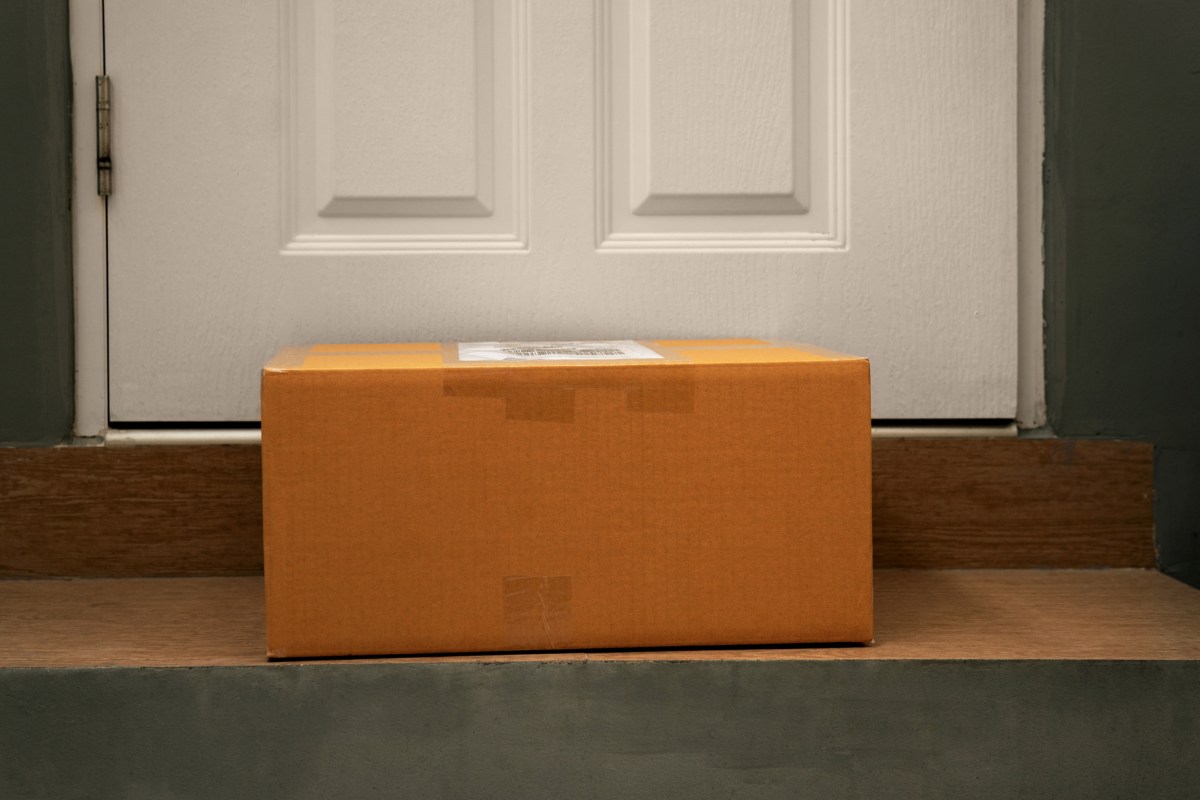Last-mile delivery, the very last step of the delivery process, is a common pain point for companies. According to one survey, nearly 90% of retailers struggle with their last-mile delivery operations, either because of technical issues, costs, or a combination of both.
Bill and Lisa Catania understand this well. The husband-and-wife team founded OneRail, a last-mile delivery solutions business, in 2018.
Bill previously founded a digital coupon company, M-Dot Network, which was acquired by retail transaction processing org Inmar in 2011. An avid stock racing fan, Bill also previously managed web properties that syndicated racing news and results to media partners.
So what led Bill to found OneRail? Relatably enough, the frustration of getting a refrigerator from a big box store to his house. With his partner, Lisa, Bill started OneRail to “remove the friction in fulfillment,” he says.
“We initially called OneRail Zapt, and it focused on offering delivery capacity to local businesses through a courier network,” Bill told TechCrunch. “But I soon realized that it could never scale to solve the full omnichannel delivery problem for large retailers and wholesalers. So we went back to the drawing board, and built out the foundation, and solution, that is today OneRail.”
OneRail’s platform automatically selects shipping modes (e.g. same-day, next-day, and so on) and carrier networks to optimize orders based on factors like order data and historical performance. It’s connected to a network of drivers and logistics companies and a customer support team that tries to resolve issues as they crop up.
“Deliveries are complex — they range in size and weight, making it difficult for one network to support all shipping needs,” Bill said. “However, working with various delivery companies to fulfill a range of orders is costly to build, and creates a fragmented experience for both operations staff and consumers. They struggle to receive tracking and visibility to the delivery journey, making it difficult to run reports or enable a retail-centric customer experience they desire.”

OneRail also provides services for fleet managers. Using its app, managers can dispatch and communicate with drivers, track deliveries, and handle miscellaneous billing and operations tasks.
“Many of our customers have deprecated, various ‘point solutions’ that were implemented during the peak of COVID, including visibility platforms, parcel shipping platforms, driver tracking apps, and more,” Bill said. “OneRail provides unified data and a single pane of glass for last-mile fulfillment, at a lower cost.”
There’s a number of players in the last-mile logistics space, including Fez Delivery, UniUni, Curri, Onfleet, and 99 Minutos. That isn’t surprising, given the massive opportunity. According to Future Market Insights, the market for last-mile delivery software is projected to grow in size from $14.19 billion to $47.73 billion by 2034.
But OneRail has been expanding rapidly in an effort to keep rivals at bay. The firm’s revenue has grown 254% since November 2022, and it’s hired a slew of executives, including a chief financial officer, Ed Carse.
OneRail claims that its service now reaches over 400 cities in the U.S. and Canada and is handling more than 250,000 deliveries a day for around 50 brands.
OneRail also recently made an acquisition: Orderbot. The Vancouver-based company, which OneRail bought in June, sells inventory management tools designed to reduce out-of-stocks, split orders, and late deliveries.
“Lisa and I founded OneRail on the premise that there was not a last-mile platform offering solutions for both the upstream and downstream fulfillment issues plaguing retailers and wholesalers,” Bill said. “Our competitors only solve small pieces of the operations puzzle, focusing on individual last-mile delivery capabilities.”
Headquartered in Orlando, OneRail, whose customers include Lowe’s (for which it offers same-day delivery) and PepsiCo, this month announced that it raised $42 million in a Series C funding round led by Aliment Capital. Bringing the company’s total raised to roughly $109 million, the new cash will be put toward product development and expanding OneRail’s 162-person team.
“The round is 100% equity, an up round, with a pre-money valuation 120% up from the Series B round two years ago,” Bill said. “In addition to our equity raise, we have a $13 million debt facility with Silicon Valley Bank, which has been our partner since our Series A in 2021. We’ve had several months of free cash flow, and we’re projecting profitability in 2025.”

